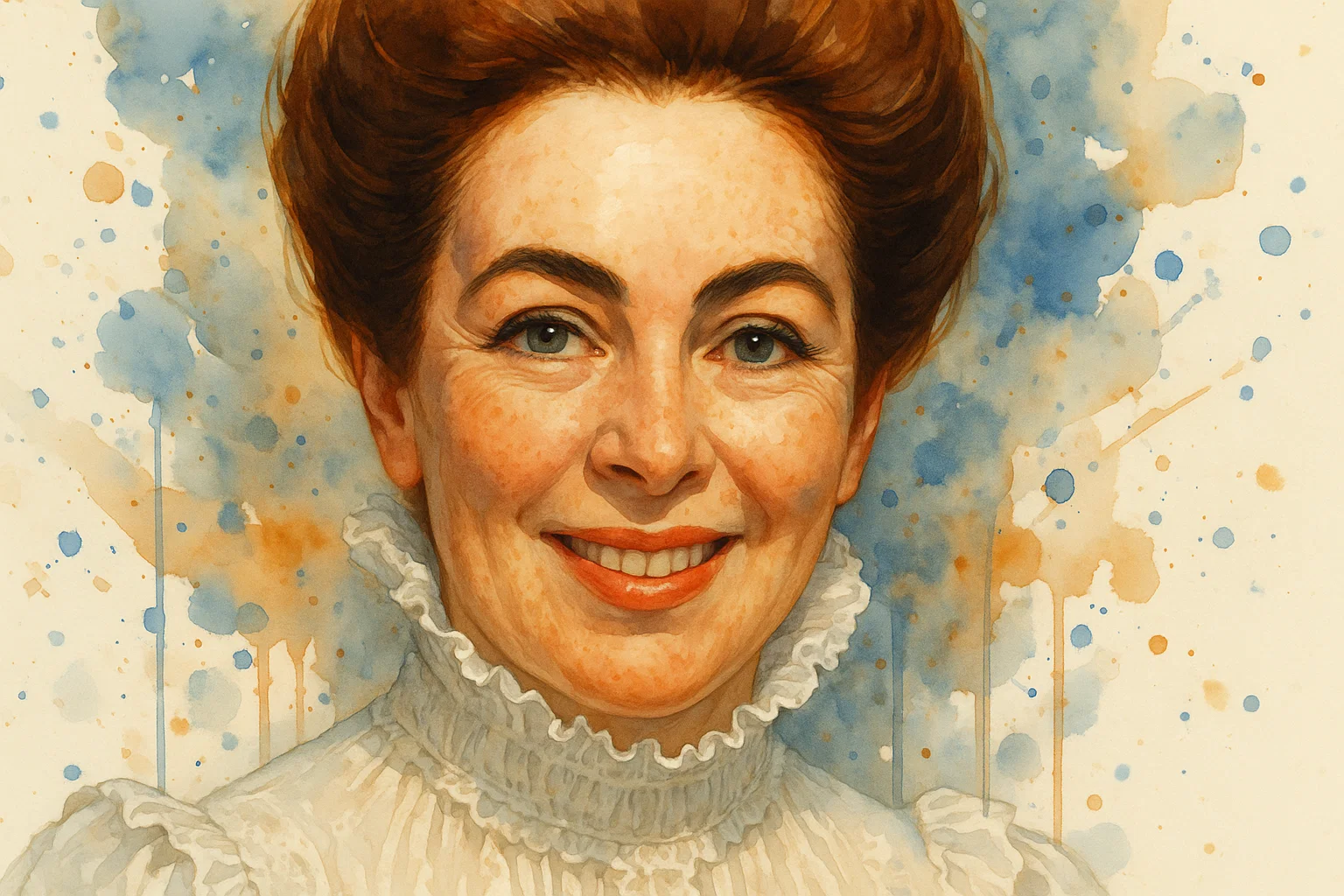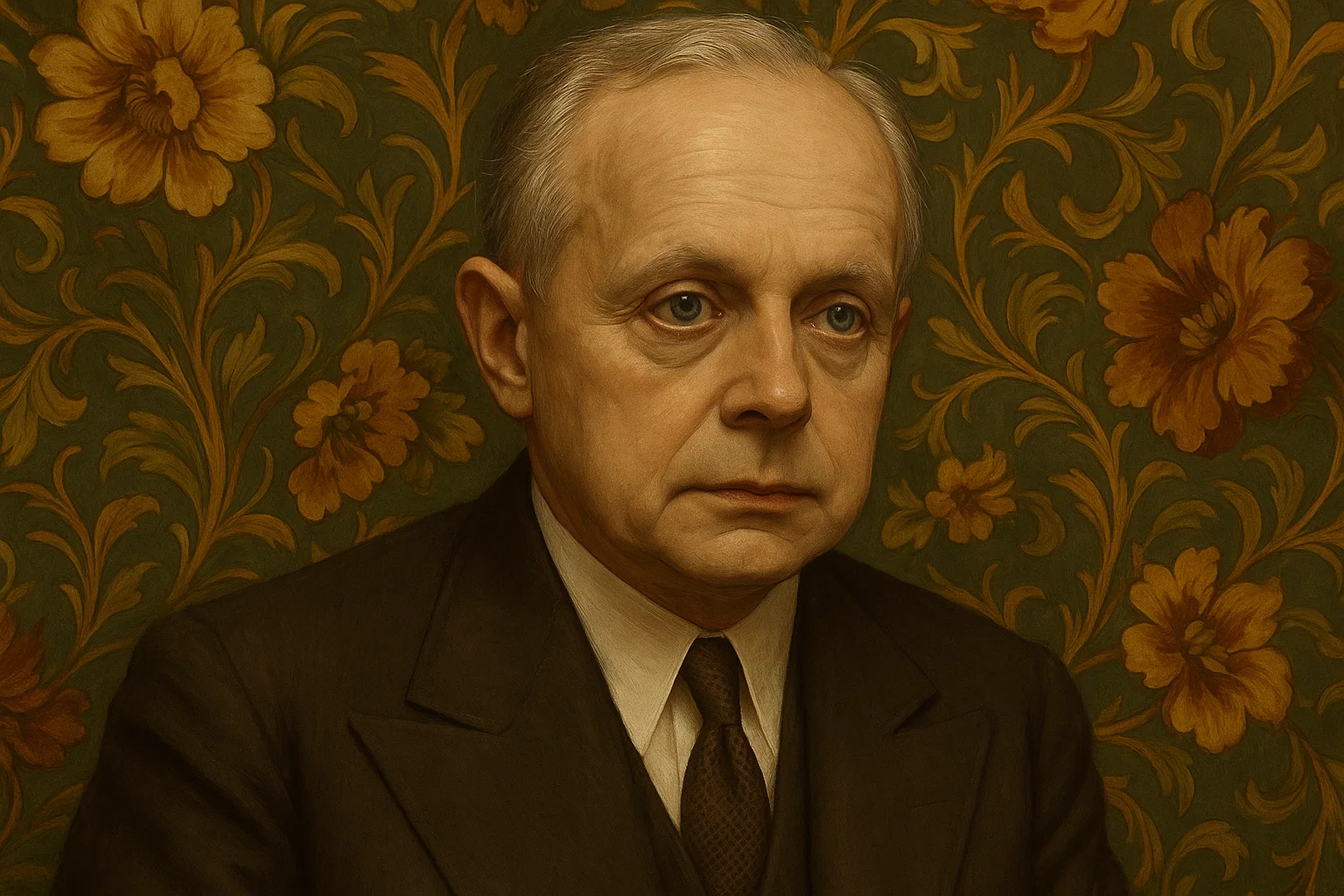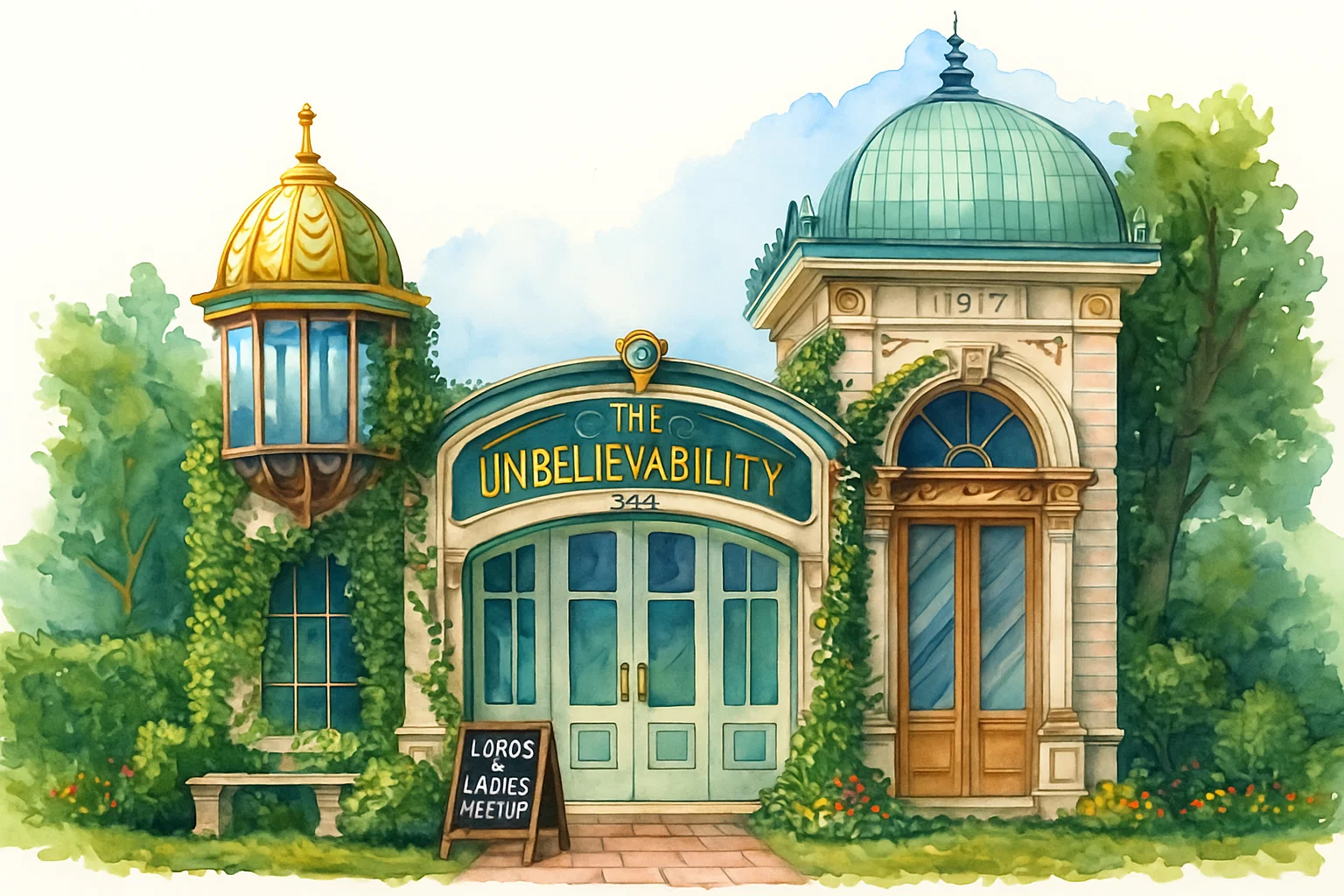FEATURED IMAGE CREDIT: This image was generated with Sora 4o based on historical images.
We like to believe we form our own opinions about public figures—but the truth is, we are told what to think before we even meet them.
The media doesn’t just report on people—it assigns them roles:
- The Hero
- The Scandal
- The Joke
- The Threat
- The Afterthought
And often, two people can appear in the same story but be cast in opposite lights, depending on what narrative the press wants to push.
Here’s a perfect example: two news clippings from the 1950s announcing the marriage of Walter White, head of the NAACP, and Poppy Cannon, a food editor and South African-born media insider.
One article frames the marriage as scandalous, emphasizing race, divorce, and sexualized gossip. The other treats it as a dignified union between two professionals working on a book about civil rights.
Same people. Same wedding. Two completely different portrayals.
Why does that happen?
Because media is never neutral. It performs social triage. It decides who will be admired… and who will be left to the wolves.
Let’s look closer at the two versions of Walter and Poppy’s wedding—and what they reveal about the quiet power of editorial framing.
 |
 |
Take the two news clippings announcing the same event: the 1950 marriage of Walter White, the head of the NAACP, and Poppy Cannon, a white food editor and South African émigré.
One article runs with the headline:
“NEGRO MARRIES WHITE WOMAN”
It’s loud. It’s sensational. It’s designed to provoke.
From the very first line, the article emphasizes race, scandal, and moral ambiguity. It dwells on divorce records, past marriages, interracial dynamics, and the bride’s physical appearance. It lists Poppy Cannon’s ex-husbands and notes that she has “a child by each marriage.” It name-drops her profession last, as if it’s a footnote to her romantic résumé.
The tone is clear: this is not a love story. This is a spectacle. A scandal. A breach of social norms. The article dares the reader to be shocked.
Now compare that to the second article, published around the same time, headlined:
“White, Author, Weds Graduate of Vassar.”
This piece couldn’t be more different. It opens by noting Walter White’s position as the executive secretary of the NAACP. It highlights the couple’s upcoming book project on racial discrimination. It frames Cannon as a professional—Vassar graduate, food editor, former advertising executive. Her prior marriages are mentioned briefly, without moralizing. Their post-wedding travel plans are included as a diplomatic tour, not a honeymoon scandal.
In short: this is a respectable, purposeful union. A meeting of minds. A continuation of both their public works.
Same event. Same facts. But the editorial lens changes everything.
One version tells readers, “this is a warning.”
The other tells them, “this is a model.”
This is how media works—not always by lying, but by framing. By selecting what to highlight, what to omit, and how to describe the same people using two entirely different vocabularies.

Born on August 02, 1905 (1905 - 1975) Poppy CannonSouth African-born American author, who at various times the food editor of the Ladies Home Journal and House Beautiful, and the author of several 1950s cookbooks |

Born on July 01, 1893 (1893 - 1955) Walter Francis WhiteAmerican civil rights activist who led the National Association for the Advancement of Colored People (NAACP) for a quarter of a century, from 1929 until 1955 |
Why It Matters
We’re taught to judge people based on “how they come across,” but that’s often an illusion. What we’re really reacting to is how someone was presented to us—through headlines, photos, word choices, and placement in a narrative.
This is why some figures get praised as mavericks while others are mocked as troublemakers. It’s why one woman is seen as glamorous while another is branded “promiscuous.” It’s why civil rights leaders can be cast as dangerous agitators in one paper and noble reformers in another.


